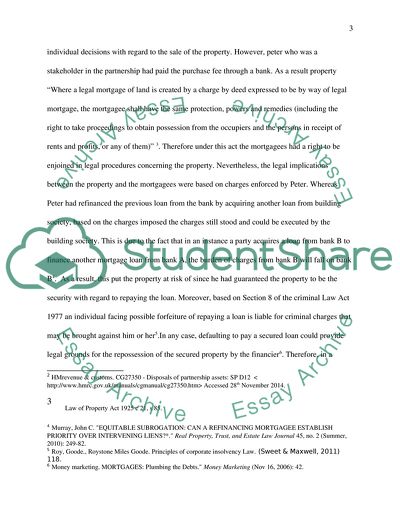Cite this document
(Analysis of Land Law Case Study Example | Topics and Well Written Essays - 1500 words, n.d.)
Analysis of Land Law Case Study Example | Topics and Well Written Essays - 1500 words. https://studentshare.org/law/1850549-land-law-essay
Analysis of Land Law Case Study Example | Topics and Well Written Essays - 1500 words. https://studentshare.org/law/1850549-land-law-essay
(Analysis of Land Law Case Study Example | Topics and Well Written Essays - 1500 Words)
Analysis of Land Law Case Study Example | Topics and Well Written Essays - 1500 Words. https://studentshare.org/law/1850549-land-law-essay.
Analysis of Land Law Case Study Example | Topics and Well Written Essays - 1500 Words. https://studentshare.org/law/1850549-land-law-essay.
“Analysis of Land Law Case Study Example | Topics and Well Written Essays - 1500 Words”. https://studentshare.org/law/1850549-land-law-essay.


